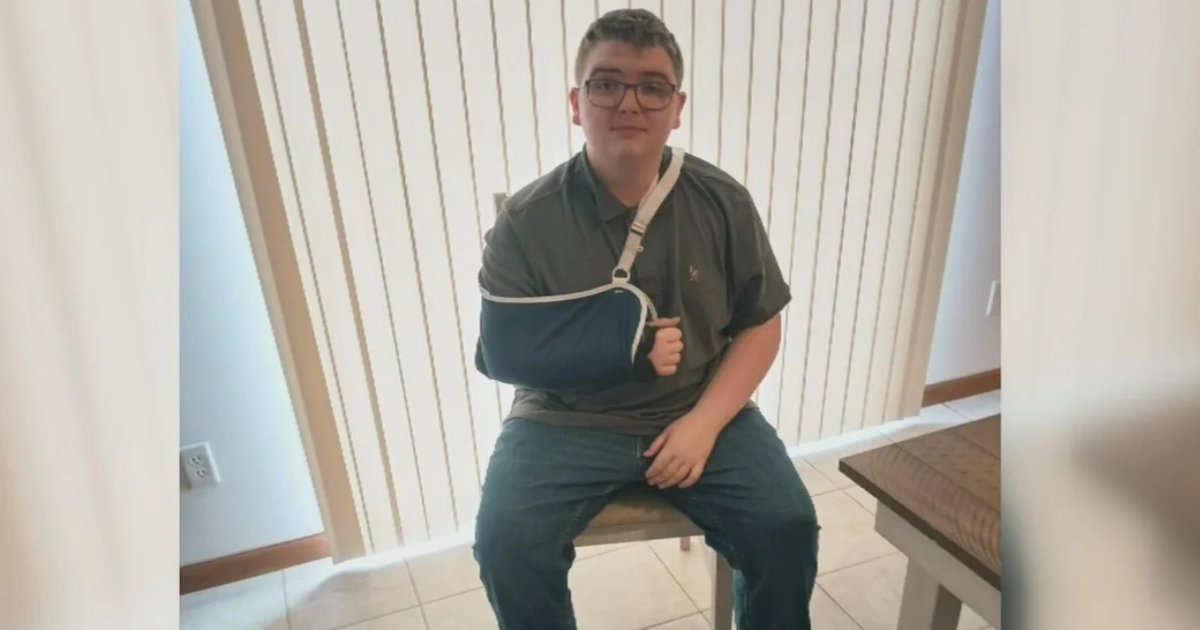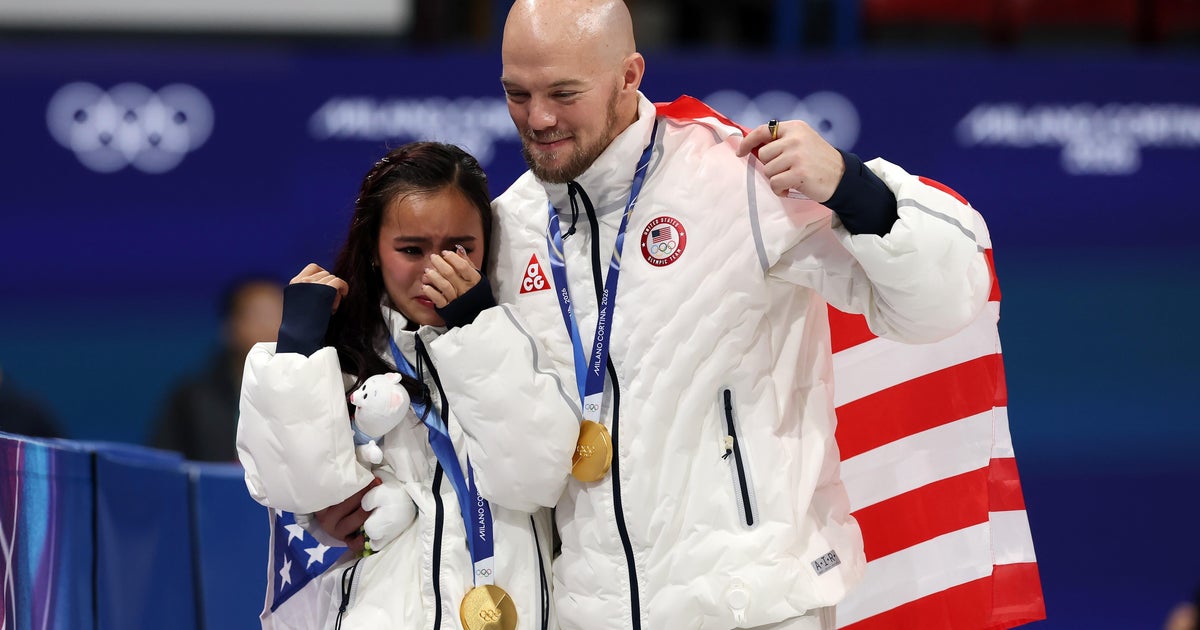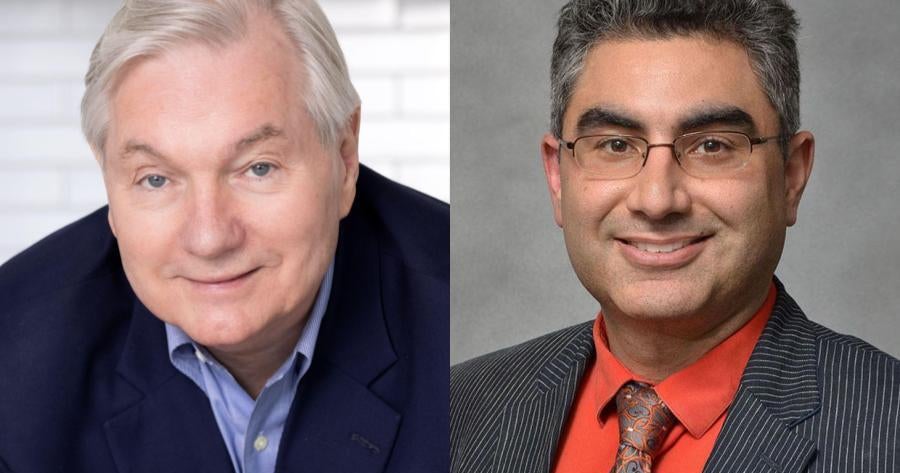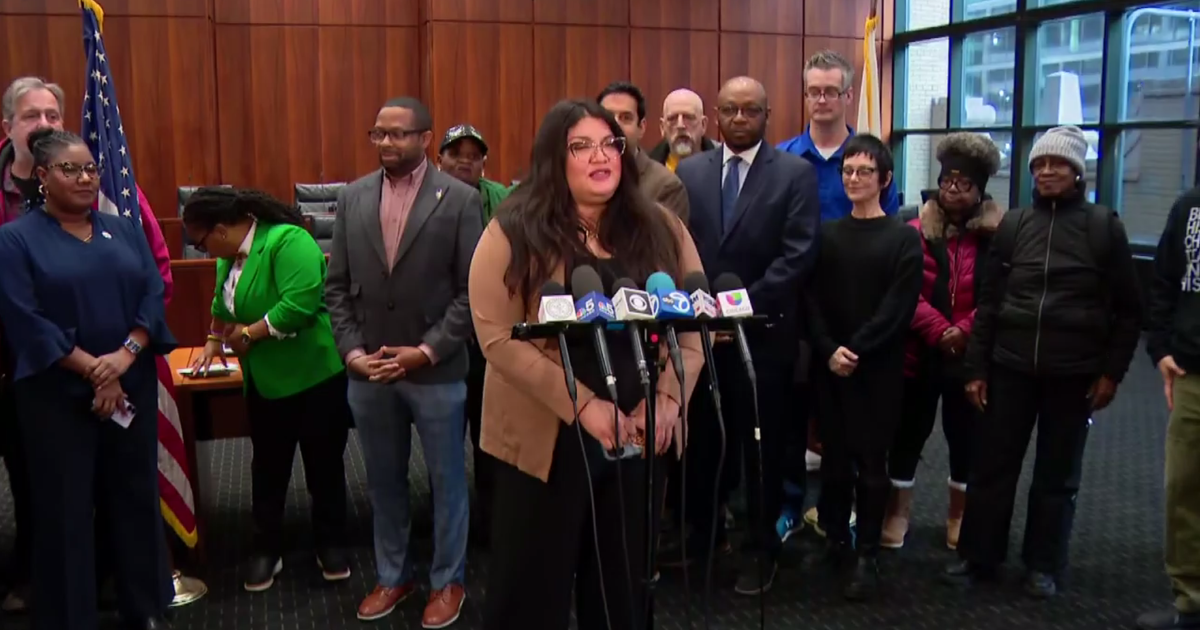Bill Aims To Prevent Second Concussion In Athletes
ST. PAUL, Minn. (AP) -- The days of young athletes getting their "bells rung" and returning to competition right away may be on the way out in Minnesota.
The state is among many where legislation would require young athletes who have or might have a concussion to stay on the sidelines until all symptoms are gone and a medical professional, such as a doctor or trainer, says it's OK to play again.
The St. Paul Pioneer Press reports the idea is to avoid a second, more damaging concussion. A brain trying to recover from an initial concussion is more vulnerable to long-term or permanent damage.
Dr. Mark Carlson, who practices sports medicine in Bemidji, Minn., testified before legislators that a young athlete needs physical and mental rest after a concussion. In many cases, he or she should stay in bed; even video games could provide too much mental stimulation.
"I tell my patients you need to sleep, or if you can't sleep, pretend to sleep," Carlson said.
A concussion might not show up on an MRI or an X-ray, but its effects can still be deadly, said Dr. Michael Bergeron, pediatrics professor at the University of South Dakota's Sanford School of Medicine. It's a back-and-forth twisting of the brain that leaves it in an "energy crisis."
The bill's case-in-point is Karla Mayer, a freshman at New Prague High School, who was diagnosed with a mild traumatic brain injury. She believes it's because her coaches allowed her to continue playing and practicing with her hockey team 10 days after she had suffered a concussion. In practice, she was smacked again, hitting her head on the ice.
Mayer said her coaches weren't aware of the symptoms of a concussion. She recently testified before the Legislature in support of the bill because she believes it would prevent what happened to her from happening to other young athletes. She has constant headaches, trouble concentrating and is sensitive to sound.
"I have a headache every second of every minute of every hour of every day," Mayer said. "Sitting here testifying to you, I have a headache."
The measure would also make coaches and referees review concussion-awareness material and take an online course on the subject.
Research on the effects of brain injuries and their prevalence among athletes has progressed significantly in the past decade, resulting in 13 other states adopting protective legislation and 28 more considering it.
(© Copyright 2011 The Associated Press. All Rights Reserved. This material may not be published, broadcast, rewritten or redistributed.)







